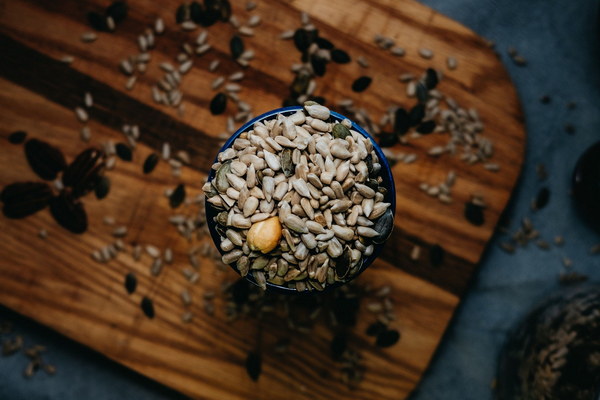Winter Care for Kidneys in Diabetes Essential Tips for Healthier Days
As the winter season approaches, individuals with diabetes need to take extra precautions to ensure the health of their kidneys. Kidneys play a crucial role in filtering waste from the blood and maintaining electrolyte balance in the body. However, diabetes can damage the kidneys over time, leading to chronic kidney disease. Here are some essential tips to help diabetes patients care for their kidneys during the winter months.
1. Stay Hydrated
Winter weather can lead to dehydration due to decreased urine output and increased fluid loss through respiration. It's important for diabetes patients to drink plenty of fluids to keep their kidneys functioning optimally. Aim for at least 8 glasses of water per day, and adjust your intake based on your activity level and climate.
2. Monitor Blood Sugar Levels
During winter, blood sugar levels can fluctuate more frequently due to changes in diet, exercise, and weather. Regular monitoring is essential to detect any sudden spikes or drops in blood sugar levels, which can strain the kidneys. Use your glucometer and follow your healthcare provider's recommendations for maintaining stable blood sugar levels.
3. Dress Appropriately
Cold weather can exacerbate kidney problems. Hypothermia and frostbite can lead to kidney damage due to decreased blood flow. Wear warm, insulated clothing to protect yourself from the cold. Avoid exposing your skin to extreme temperatures for extended periods.
4. Exercise Regularly
Physical activity is crucial for maintaining kidney health. Winter can make it challenging to stay active, but it's important to find indoor exercise routines or take advantage of warmer days to engage in physical activities. Exercise helps regulate blood sugar levels and improves overall kidney function.
5. Eat a Healthy Diet
A balanced diet is essential for kidney health. During winter, focus on foods that are rich in vitamins, minerals, and antioxidants. Include plenty of fruits, vegetables, whole grains, lean proteins, and healthy fats in your diet. Limit processed foods, high-sodium items, and sugary drinks, as they can strain the kidneys.
6. Manage Blood Pressure
High blood pressure is a common complication in diabetes and can accelerate kidney damage. Keep your blood pressure under control by following your doctor's advice, taking prescribed medications, and adopting a healthy lifestyle. Regular monitoring and adjustments to your treatment plan may be necessary during the winter months.

7. Avoid Smoking and Limit Alcohol
Smoking and excessive alcohol consumption can worsen kidney damage. If you're a smoker, consider seeking help to quit. Similarly, moderate your alcohol intake to prevent further strain on your kidneys.
8. Schedule Regular Check-ups
Winter is a great time to schedule routine kidney check-ups. Your healthcare provider can assess your kidney function through blood and urine tests. Early detection of kidney problems allows for timely intervention and treatment.
9. Manage Stress
Stress can impact kidney health by increasing blood pressure and affecting blood sugar levels. Find healthy ways to manage stress, such as practicing mindfulness, meditation, or engaging in hobbies that bring you joy.
10. Stay Warm and Comfortable
Keep your home well-insulated to maintain a comfortable indoor temperature. Extreme cold can lead to hypothermia and kidney damage. Use additional layers of clothing, a blanket, or a space heater to stay warm during the winter season.
By following these tips, diabetes patients can help protect their kidneys during the winter months. It's important to remember that maintaining kidney health is a year-round effort, but these winter-specific considerations can make a significant difference in preventing complications and promoting overall well-being. Always consult with your healthcare provider for personalized advice and treatment plans.









